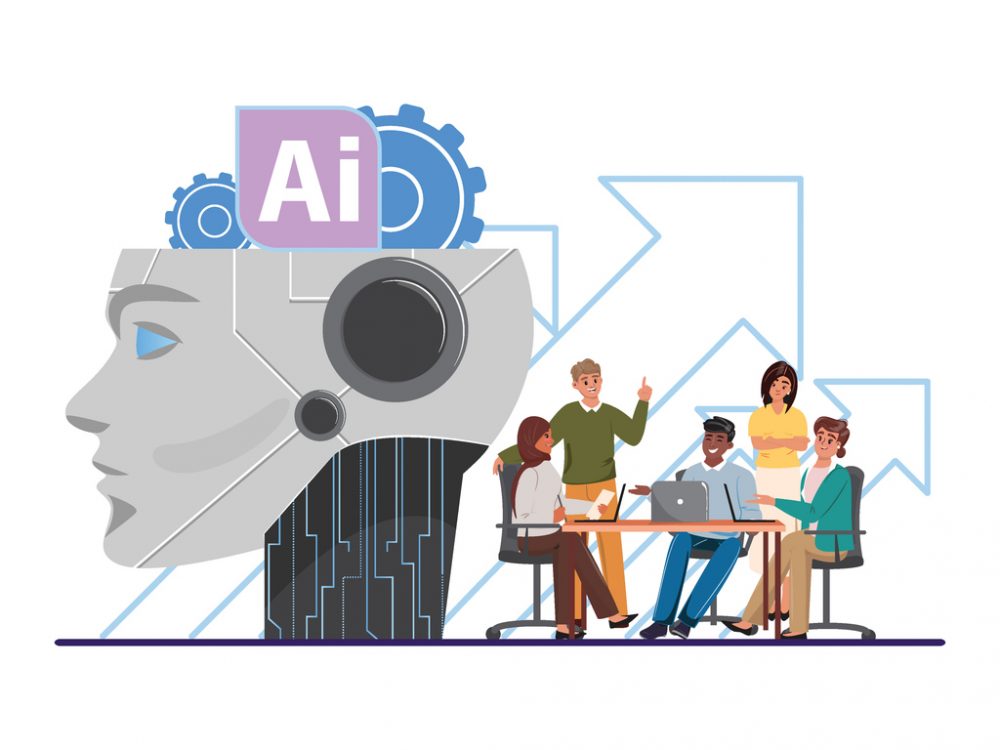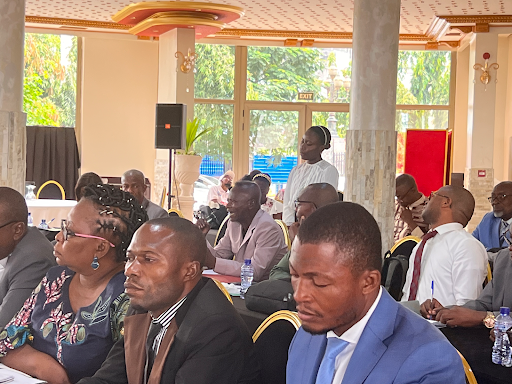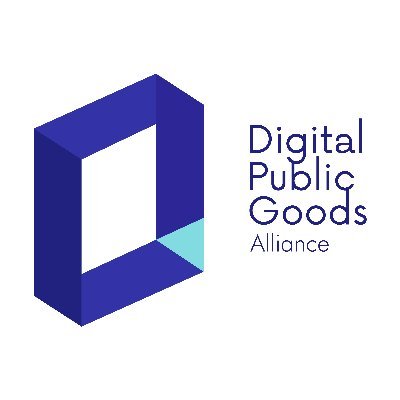Benefits of an Internal Data Culture
The United States made a big move when it announced DJ Patil as the First US Chief Data Scientist. Patil was at the Strata + Hadoop World Conference when Barack Obama announced the decision via video call before Patil spoke to the audience about “Data Science: Where Are We Going”. The video can be found here and it is definitely worth watching the 13 minutes as he explains the impacts of data in government. One the topics Patil covers briefly is a data driven culture, and he with Hilary Mason have written a book about it which can be downloaded for free here. While reading the book, I started to consider what the benefits of a data driven culture are.
I came up with four.
Making informed decisions. This is kind of a no brainer because the more data that an organization uses and understand it is easier to move away form anecdotes and historical biases. Data literacy creates a more objective approach to problems and allows for smart decisions.
Accountability. It’s hard to measure progress when there is no data. Clear communication about key metrics with the data to enforce these desired metrics makes it easier to understand priorities.
Better Communication. Presentations with lots of chats and graphs are grated, but they don’t really create discussion. Why is this? One of the main reasons is that people have issues understanding the data in these visualizations and misinterpret the data. Having a data literate workspace with a data driven culture reduces these misinterpretations.
Learning Culture. Data does something that a lot of other topics aren’t able to accomplish and that is the ability to inspire and raise for questions. Data drive organizations often work effectively and ask new and better questions. Understanding and investigating these new and more in-depth questions leads to deeper knowledge and more insights.
So why does this matter to my development organization? The post-2015 Sustainable Development Goals call for a data revolution, and a fundamental part of implementing these goals is fostering the culture that is based not only on the destination, but the road there.
Image from Sebastiaan ter Burg CC BY 2.0. This piece was originally posted on AidData’s The First Tranche.
Share This Post
Related from our library

Beyond Kigali: Where Does Africa Go from Here with AI?
As the AI momentum builds, Development Gateway is asking different questions: where the data comes from, how reliable it is, how legacy systems will supply usable data, and whether governments have the capacity to govern and trust the AI tools they’re being urged to adopt.

Stakeholder, Where Art Thou?: Three Insights on Using Governance Structures to Foster Stakeholder Engagement
Through our Tobacco Control Data Initiative (TCDI) program and its sister program Data on Youth and Tobacco in Africa (DaYTA), we have learned that creating governance structures, such as advisory boards or steering committees, is one approach to ensuring that digital solutions appropriately meet stakeholders’ needs and foster future stakeholder engagement. In this blog, we explore three insights on how governance structures can advance buy-in with individual stakeholders while connecting them to one another.

DG’s Open Contracting Portal Designated as a Digital Public Good
Digital Public Goods Alliance designated DG’s Open Contracting Portal as a digital public good in September 2022. The Portal provides procurement analytics that can be used to improve procurement efficiency and, in turn, reduce corruption and increase impact.